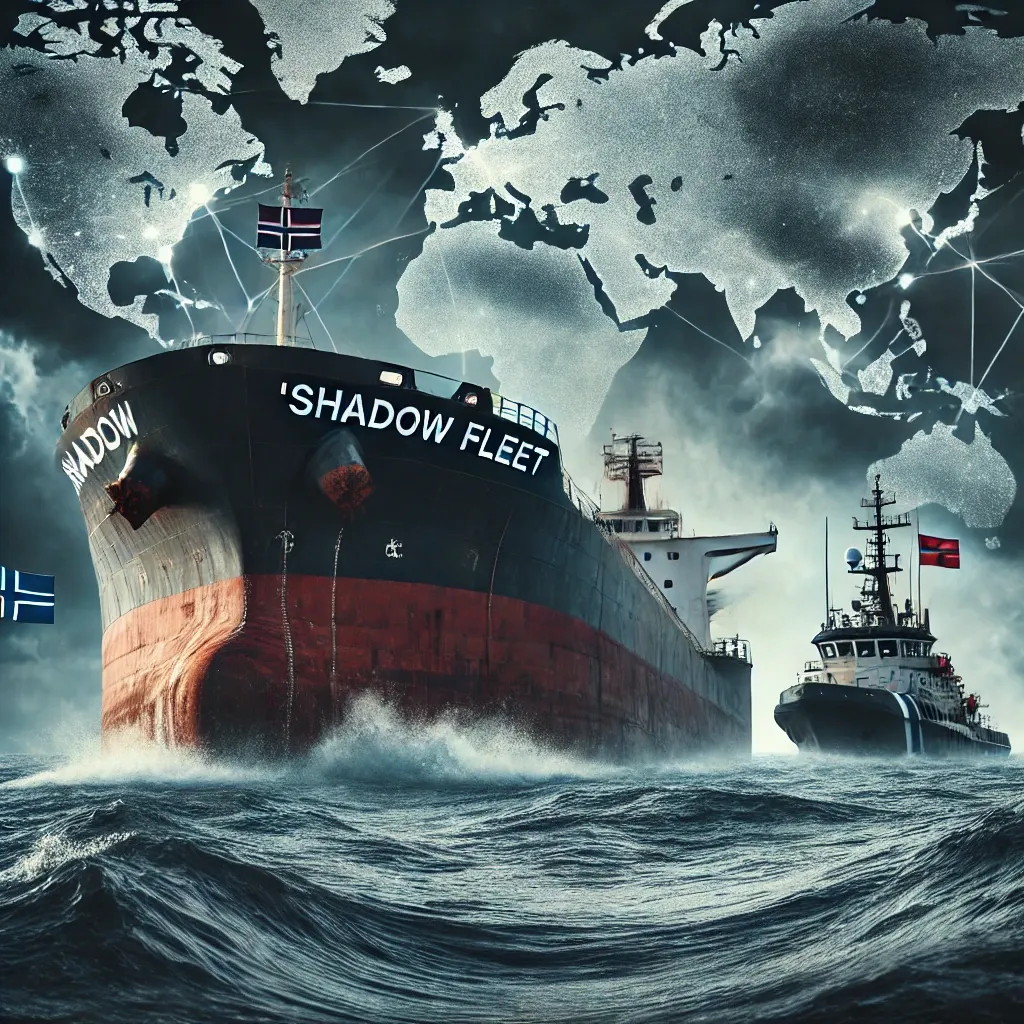
Watch List: This could significantly impact global shipping costs - and potentially inflationary. This is a summary of a video produced by Peter Zeihan.
The Shadow Fleet, used by Russia to transport crude oil amidst sanctions, operates under minimal compliance and lacks Western maritime insurance or navigation aids. Russia, China, and India are believed to provide pseudo-insurance for these aging tankers, though payouts for accidents remain untested. This fleet bypasses global norms, defying European sanctions aimed at curbing Russian oil revenue during its war in Ukraine.
The Nordics, Poland, and Britain face a pivotal question: should they enforce maritime compliance by confiscating uninsured ships? Such actions could challenge the post-WWII globalization framework, where the United States guaranteed free naval navigation. A break from this system could lead to regionalized shipping rules and escalating tensions in global trade.
The ripple effects of such a collapse are vast. For the U.S., a shift could disrupt imports of manufactured goods, pushing domestic industries to rebuild capacities by the decade's end. Countries like China, which relies on imported energy and materials, could face severe industrial and food supply crises within months.
As regional alliances emerge, areas like the Western Hemisphere and Scandinavia might stabilize, while the Mediterranean risks becoming fragmented. A single enforcement action against the Shadow Fleet could trigger a cascade of global trade disruptions. The potential for rapid, sweeping changes underscores the fragile state of international maritime transport and its profound geopolitical implications.
Source: Peter Ziehan
George Moen: Publisher / Co-Founder WBN News
#Shadow Fleet #Global Trade #Maritime Transport #Sanctions #Geopolitics #Oil Shipping #Nordic Enforcement
